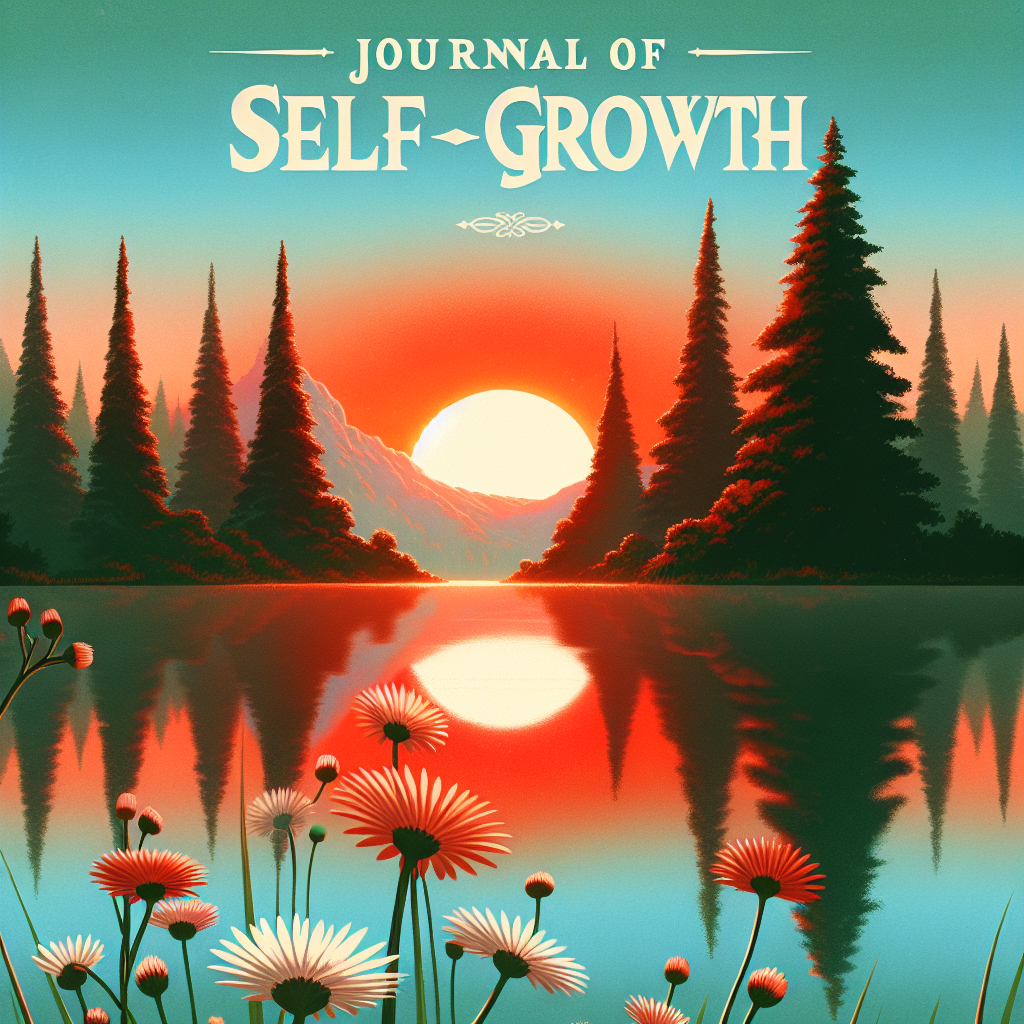Hello and welcome to "Continuous Improvement," the podcast where we explore personal growth, self-reflection, and the pursuit of inner peace. I'm your host, Victor, and today we're diving into the powerful concept of finding inner peace through self-reflection.
In our fast-paced and chaotic world, it's easy to lose sight of ourselves and become entangled in external events and expectations. But as our blog post content suggests, writing can be therapeutic and help us gather our thoughts to find the answers we seek.
Today, I'll be sharing my own personal journey, as written in the blog post, and discussing the importance of facing our emotions, taking responsibility for our relationships, and confronting the societal pressures that weigh us down.
The blog post begins with the author's return trip to Hong Kong, a place they hadn't visited in almost two years due to the COVID-19 pandemic. Despite the excitement of being back home, they found themselves unexpectedly frustrated, sad, and lost.
The author delves into the external changes that Hong Kong has undergone, but they recognize that their emotional turmoil stems from within themselves. They highlight the importance of self-reflection for finding inner peace.
Our first point of discussion revolves around the author's familial responsibilities. They express their disappointment in themselves for not meeting certain expectations and using the pandemic as an excuse to avoid them.
It's important to recognize that avoiding responsibilities will only disrupt our inner peace in the long run. Taking the time to confront these challenges head-on can help us build stronger relationships and find a sense of fulfillment.
Moving on, the author explores the tensions within their romantic relationship. While the author believes in considering emigration for political reasons, their partner holds a different perspective due to their aging mother residing in Hong Kong.
This divergence in perspectives can create frustration and a sense of being stuck. We'll discuss how finding common ground and open communication is essential in resolving conflicts and finding compromise without compromising our own values.
Lastly, the author discusses their dissatisfaction with their own life and the societal pressures they face. They admit to feeling like they haven't reached their full potential and compare themselves to others according to societal norms.
This is a struggle many of us face – the constant comparison and the pursuit of traditional markers of success. We'll explore the importance of self-acceptance, embracing our own journey, and finding fulfillment on our own terms.
In conclusion, inner peace is not something we stumble upon; it's a journey of self-reflection and continuous improvement. It requires facing our emotions, taking responsibility for our relationships, and resisting societal pressures that hinder our self-growth.
Join me in our upcoming episodes, where we'll dive deeper into these topics and explore practical steps to cultivate inner peace amidst life's challenges. Remember, true peace begins within.
Thank you for tuning in to this episode of "Continuous Improvement." If you found this discussion valuable, please subscribe and leave a rating or review. And as always, keep striving for personal growth and embracing the path to inner peace.
Until next time, this is Victor signing off. Remember, the journey to continuous improvement starts with you.



